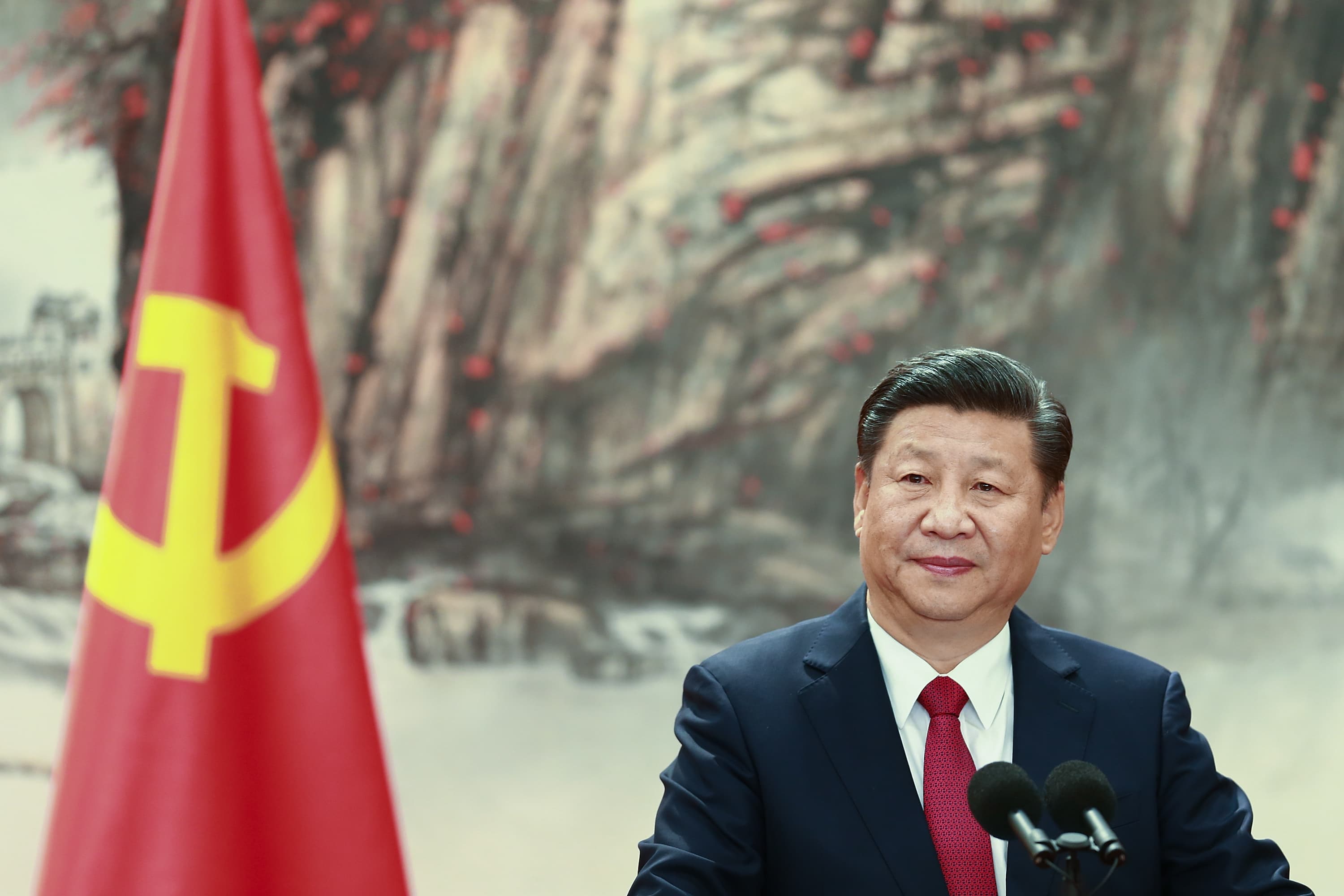
Beijing’s military activity near Taiwan is a warning to the U.S. and Taiwan against deepening their relations, said an analyst from risk consultancy Eurasia Group.
Taiwan reported increasing breaches of its air defense zone by Chinese warplanes in recent days. The island said there were 148 Chinese air force planes in the southern and southwestern part of the zone in the four days since Friday — when China marked its National Day.
Such activities increase the risk of a military accident in the Taiwan Strait, but the probability of an armed conflict remains “very low” in the coming years, said Neil Thomas, an analyst for China and Northeast Asia at Eurasia Group.
The Taiwan Strait — which is only about 100 miles wide (160 km) at its narrowest point — separates Taiwan and mainland China.
Our analysis is that they’re less provocations designed to lead toward some kind of conflict, and much more a signaling device that Beijing uses to warn both Taipei and Washington.
Neil Thomas
analyst, Eurasia Group
The ruling Chinese Communist Party in Beijing claims Taiwan, a democratic self-ruled island, as a runaway province that must be reunited with the mainland — by force if necessary. The CCP has never controlled Taiwan.
“Our analysis is that they’re less provocations designed to lead toward some kind of conflict, and much more a signaling device that Beijing uses to warn both Taipei and Washington — as well as other western capitals — from deepening their ties with each other and from crossing Beijing’s red lines,” he told CNBC’s “Squawk Box Asia” Wednesday.
Those red lines include Taiwan’s declaration of independence or the U.S. changing its “one China” policy in which it doesn’t take a position on Taiwanese statehood, added Thomas.
U.S. support for Taiwan
We’ve seen the Biden administration take up where the Trump administration left off when it comes to Taiwan policy.
Neil Thomas
analyst, Eurasia Group
The U.S. has no official diplomatic ties with Taiwan, but relations between the two sides have grown closer in the last few years. That’s angered China, which considers Taiwan to have no rights to conduct its own diplomacy on the global stage.
There’s increasing recognition in Washington that it needs to invest more military, diplomatic and economic resources to deter Beijing from taking any actions to change Taiwan’s “de facto autonomy,” said Thomas.
“We’ve seen the Biden administration take up where the Trump administration left off when it comes to Taiwan policy,” said the analyst.
He explained that the U.S. has made it easier for its government officials to meet their Taiwanese counterparts, and has advocated for Taiwan’s participations in international institutions that don’t require statehood for membership.
In May, the Group of Seven advanced economies — which includes the U.S. — wanted Taiwan to be allowed to participate in forums by the World Health Organization.
U.S. President Joe Biden said Tuesday that he’s spoken to Chinese Xi Jinping, and they agreed to “abide by the Taiwan agreement,” reported Reuters. Biden appeared to refer to the “one China” policy and the Taiwan Relations Act, according to the report.
The Taiwan Relations Act makes clear that the U.S. decision to establish diplomatic ties with Beijing — instead of Taipei — rests upon the expectation that the future of Taiwan will be determined by peaceful means.




